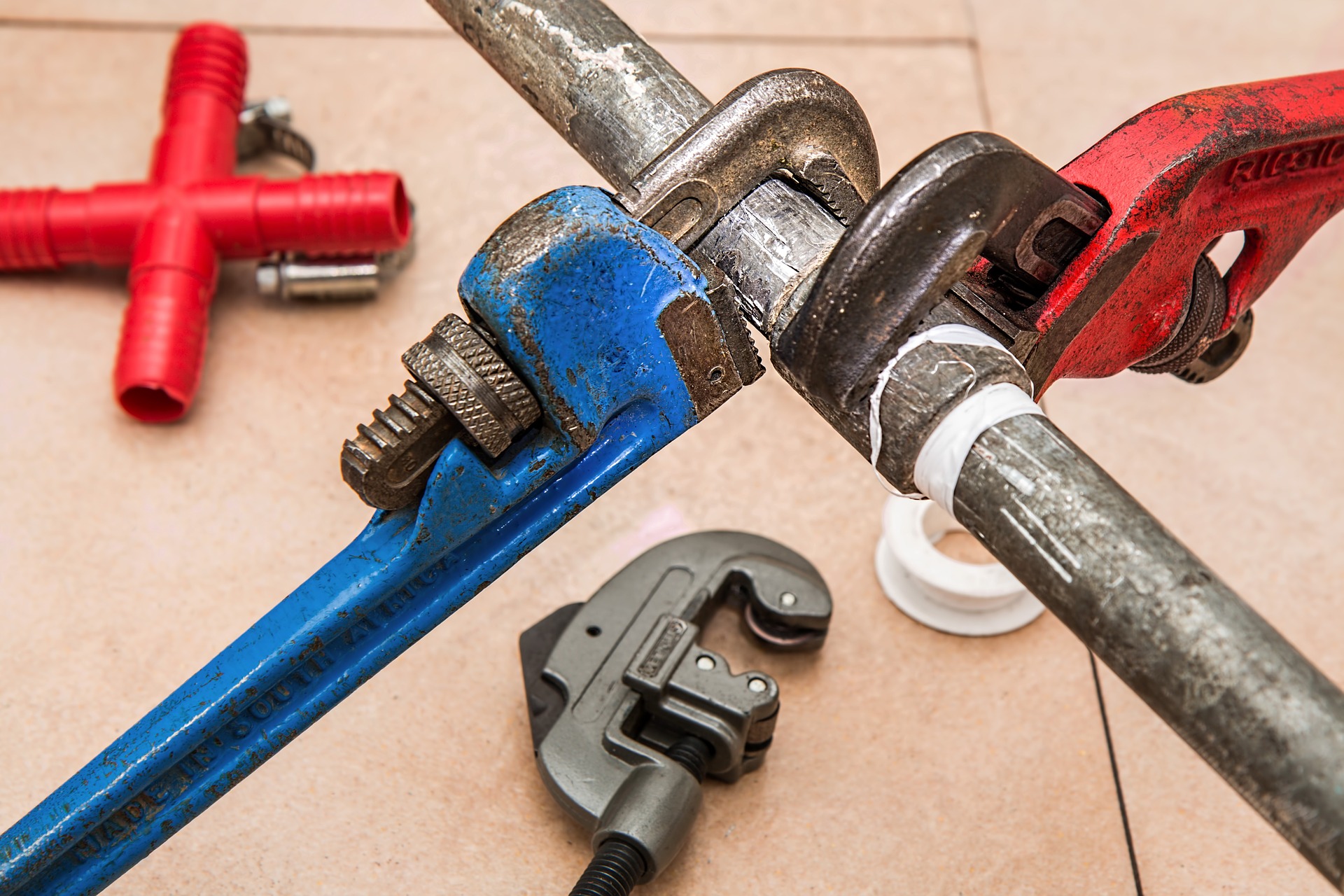
An HVAC air filter is a vital heating and cooling system component. It’s designed to trap dust, dirt, pet dander, mold, lint, bacteria, and other pollutants before they can enter your system.
They typically have a minimum efficiency reporting value (MERV) rating to determine the level of filtration they provide. Higher MERV ratings capture smaller particles more effectively than lower-rated filters.
Table of Contents
It traps contaminants
As air moves through your HVAC system, it picks up contaminants like dust, dander, dirt, mold spores, and pollen. A good HVAC air filter housing traps these particles to help keep your system running smoothly.
An air filter’s MERV rating measures how effectively it traps airborne contaminants. Filters with higher MERV ratings catch smaller particles than lower-rated filters.
Unlike electrostatic precipitators, which use an electric charge to pull in air and hold it in place, HVAC air filters trap contaminants.
The best filters remove a variety of contaminants from the air in your home, including particulates, odors, smoke, and gasses. They can also reduce indoor humidity and make the air in your home healthier.
It cleans the air
An HVAC air filter cleans the air by catching dust, dirt, pet dander, mold spores, pollen, and other contaminants that may clog the system. It also reduces the pollutants blown out of the vents into other parts of your home.
To keep your filters clean, you should replace them regularly. Disposable filters span 1-6 months, while washable types last up to five years.
When you’re ready to change your air filter, turn off the unit to avoid letting dirty air circulate throughout your house while you’re changing it. Switching off the power at the circuit breaker is also essential to prevent electrical shock.
To properly remove your filter, use gloves, an N-95 respirator, and goggles to protect yourself from particles that could be trapped in the filters. Removing the filter outside is also a good idea to limit the release of accumulated dust and debris.
It improves efficiency
A clean HVAC air filter improves the efficiency of your system. A clogged or dirty filter makes it more difficult for the blower to pull in air, so your air conditioner must work harder and use more energy to run.
Incorrect filter placement will also negatively affect the performance of your system, so make sure it’s positioned correctly.
MERV ratings indicate how well a filter removes dust, smoke, and other particulates.
Higher-efficiency filters are more effective at removing allergens and other airborne particles than cheaper, lower-quality models. However, their high-pressure drop, or resistance, can cause parts to wear out more quickly.
It reduces wear and tear
Your HVAC system works hard to keep your home comfortable. But it can wear out and become less effective if you use it excessively.
Changing your filter regularly is one of the most effective ways to reduce wear and tear. A dirty air filter restricts airflow and prevents heating and cooling from circulating as effectively.
Choosing a high-quality filter with a MERV rating will help capture small particles and other contaminants while keeping airflow unrestricted. Your filter should be changed once every 90 days or three months, depending on your environment.
It reduces allergy symptoms
An HVAC air filter reduces allergy symptoms by removing dust, pollen, pet dander, and other particles from your air. It is essential for people who suffer from allergies and asthma.
Changing your filter regularly is essential to avoid trapped allergens in the air. The EPA recommends replacing your filter once every three months on average.
You can find a variety of air filters for your HVAC system, but you should always make sure to choose the right one for your home. It means selecting a high-efficiency filter rated from MERV 8 to MERV 13 that effectively removes small particles like dust, pollen, and pet dander.


